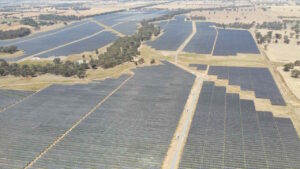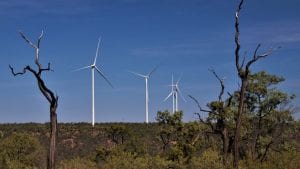If Prime Minister Scott Morrison didn’t already regret coining the phrase “fair dinkum power” – after it was hijacked by renewables supporters, led by billionaire entrepreneur Mike Cannon-Brookes – he must surely be regretting it now.
Last night, the upper house voted almost unanimously to create a Select Committee into Fair Dinkum Power, an inquiry proposed by the Australian Greens to cut through the “meaningless and misleading” energy policy being served up by the federal Coalition.
Slated to meet on November 28, and to report on June 30 next year, the inquiry will examine the workings of the electricity market, power prices and energy generation methods.
And it will have a particular focus on the potential for energy consumers to play a bigger role in the rapidly changing National Electricity Market.
It will also examine the changing role of retailers in the National Electricity Market, in light of increasing empowerment of energy consumers; regulatory reforms to further empower energy consumers; and other related matters.
But the overarching goal of the Committee appears to be dissect the Coalition’s favourite energy market Furphy, that only coal-fired electricity can provide cheap and reliable power.
(RE would note that it also makes a nice change from wind power inquiries, of which there have been five across Australia, and a couple in Victoria.)
“Australians are right to be angry that we’re being screwed with huge power bills, and we should be even angrier that the Morrison government’s answer is more coal,” Hanson-Young said in comments on Thursday.
“This inquiry will bust the myths being peddled by the Morrison government about renewable energy, grid stability and power bills.
“If Scott Morrison was actually ‘fair dinkum’ about power, he would let evidence, not ideology, guide energy policy.
“Consumers and the industry want to be empowered. The public sees through the Morrison Government’s bluster about using a ‘big stick’, and more coal, to put power prices down.
“The best thing about renewable energy is that it is good for the planet and good for the wallet. It’s clean, reliable and getting cheaper every day. Now, that’s fair dinkum power.”










